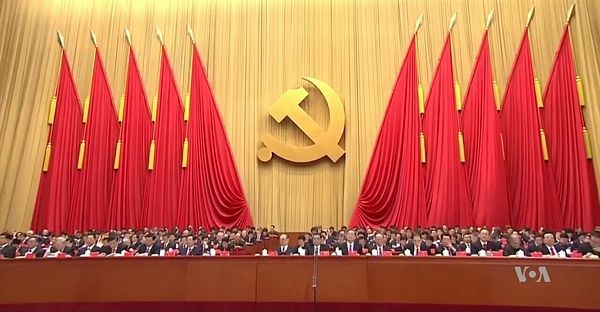Washington, US:
In 2018, a study found that 270 out of 1,814 BRI-related projects had problems related to debt sustainability, labour and environmental standards, national security, transparency, and corruption. A McKinsey survey in 2017 revealed that 60 per cent to 80 per cent of the Chinese companies in Africa admitted to paying bribes for bagging contracts. Further, Chinese firms scored second to last in one of the latest Transparency International Bribe Payers Index in the Continent, said the InsideOver in a report.
In the BRI projects, multiple cases of corruption have emerged in an identical pattern, opaque agreements signed between China and the BRI participating country with a closed bidding process, only to grant the project to the Chinese companies secretly. In general, the cost quoted is very high when compared to the prevailing cost in the market. In many of these cases, usually, senior leaders of the participating BRI country are involved in allocating projects to the Chinese companies through this managed bidding process. In the initial stage, the projects are touted to be highly beneficial for the local population and the participating country but at the end, the projects have not yielded results.
With these projects, the Chinese companies and their officials have exported corruption to the BRI country by bribing local authorities or the government in securing mineral resources, including rare-earth minerals of African countries. This reflects that these projects have been designed for making profits for the country’s leaders and the Chinese companies at the cost of their natural resources or the people. In many cases the countries due to heavy corruption in the projects have failed to repay the loan to China and have fallen into ‘Debt Trap’, said the InsideOver.
China has been making such practises under the umbrella of BRI, the African continent has been a case in point and has faced the brunt of the malpractices followed while implementing the BRI. One of the most glaring examples of China’s mismanagement is the East African project, the Nairobi-Mombasa Railway, running between Mombasa and Nairobi. The project, popularly known as the SGR or the Standard Gauge Railway, suffered from significant governance failures and corruption.
Kenyan authorities also arrested (2018) seven officials from China’s Road and Bridge Corporation in connection with bribery attempts meant to derail ongoing investigations into SGR corruption, according to the InsideOver.
In 2018, concrete evidence of corruption came out when the Kenyan government arrested several senior officials on corruption and fraud charges, including both the Chairman of Kenya’s National Lands Commission and the Managing Director of Kenya Railways Corporation. These officials allegedly conspired on a USD 2 million fraudulent land-acquisition scheme, whereby they illegally acquired government-owned land and then sold it out under the compensation process meant to repay those whose lands were in the new railway’s path, said the InsideOver.
In Africa, many nations participating in the BRI widely face public governance gaps and a disjuncture between the incentives of the governing elite and those of society at large.
In the BRI participating countries, transparency and accountability need to be restored.
Under the BRI projects, billions of dollars are being pumped into corrupt regimes where graft issues are embedded in the political systems, making corruption scandals inevitable.

Leave a Reply